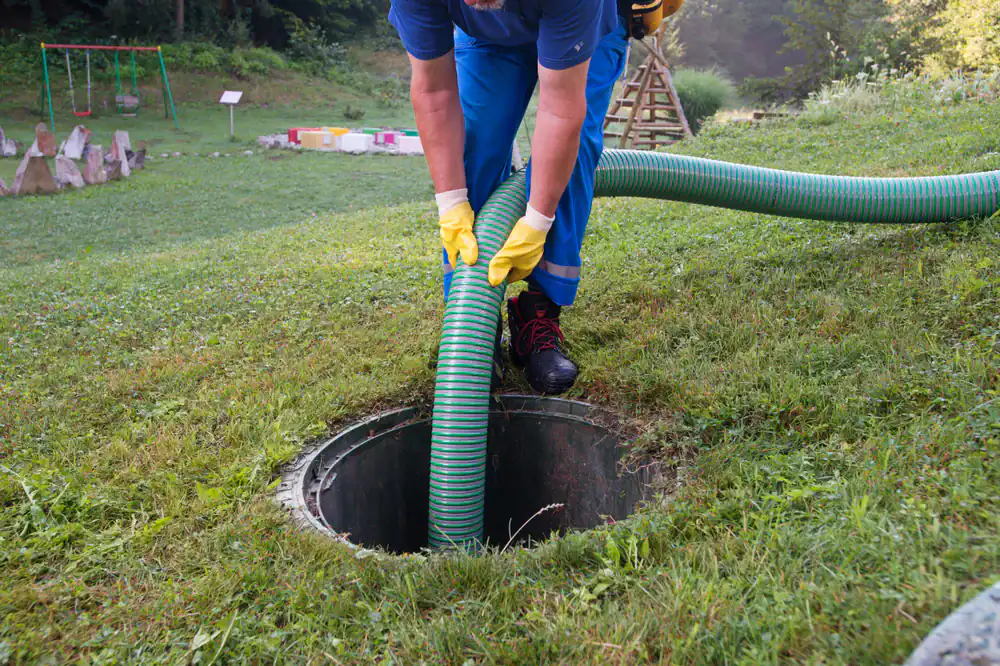
Our Reviews
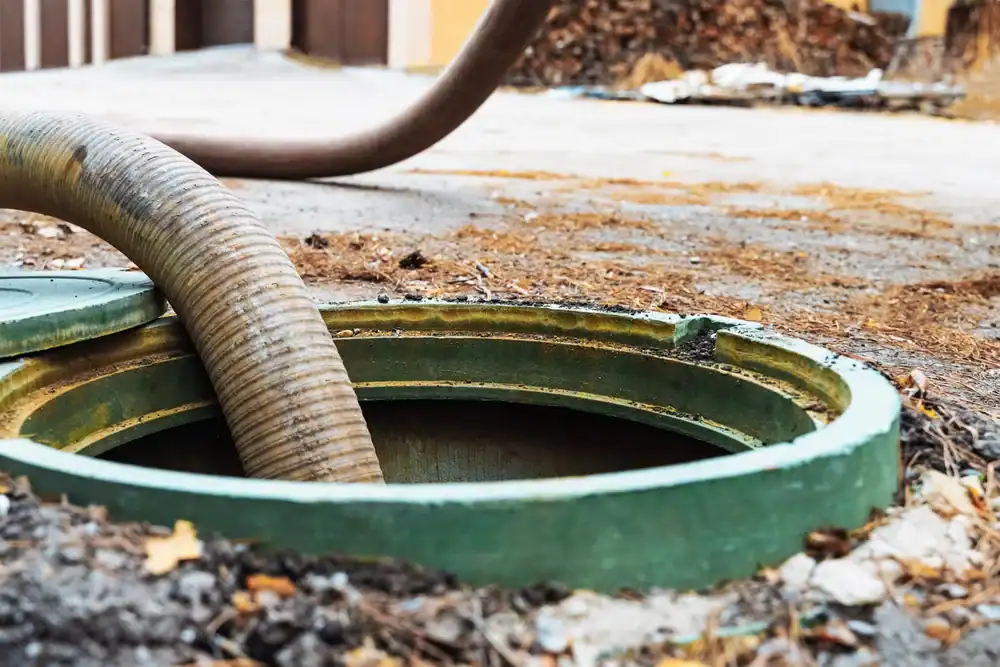
You know that sinking feeling when your septic system starts acting up. The slow drains, the weird smells, the worry about what’s happening underground. Here’s what changes when your septic tank gets proper cleaning and maintenance.
Your drains flow like they should. No more standing water in your yard or that telltale sewage smell that makes you cringe. Your system works quietly in the background, doing its job without demanding your attention every few months.
Most importantly, you’re not looking at a $15,000 to $25,000 septic system replacement. Regular professional septic tank pumping extends your system’s life by years, sometimes decades. That’s real money staying in your pocket instead of going into the ground.
All Rooter Hydro Jetting Experts Inc. has been handling septic systems across the Chicagoland area for years. We’re licensed, bonded, and insured, which means you’re protected if something goes wrong.
What sets us apart in Gross Point is our understanding of local soil conditions and how they affect septic systems. Clay-heavy soils common in this area can cause drainage issues that impact how often your tank needs pumping. We know these local factors and adjust our service recommendations accordingly.
We provide upfront pricing before any work starts. No surprises, no “we found something else” upsells halfway through the job. You know what you’re paying before we break out the equipment.
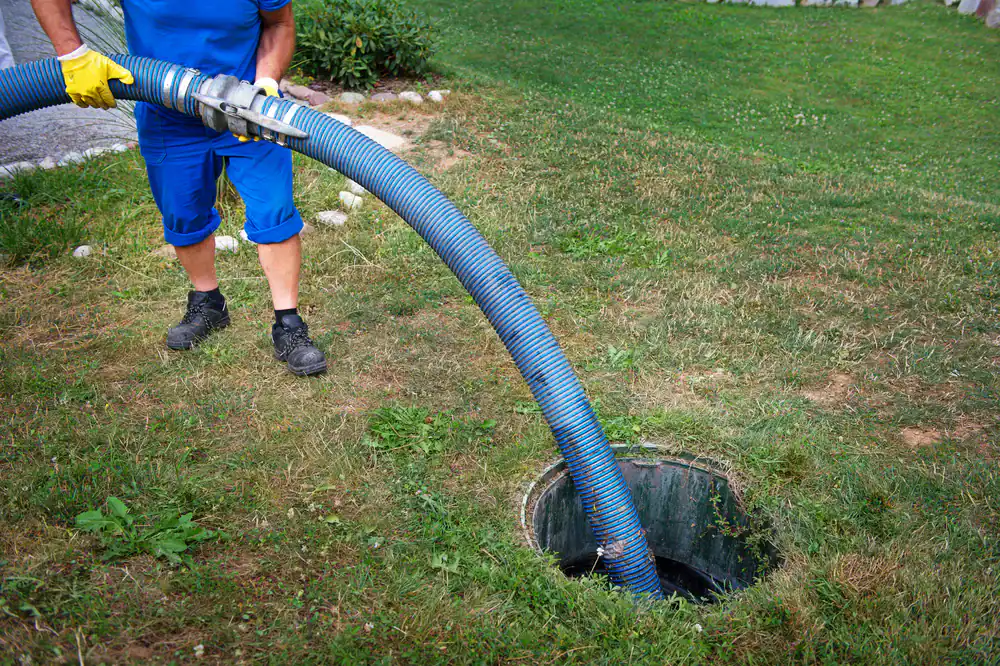
First, we locate and uncover your septic tank access ports. This might involve some digging if the ports aren’t easily accessible, but we handle that part. Then we inspect the tank to check sludge and scum levels, looking for signs of damage or potential problems.
The actual pumping uses professional-grade vacuum equipment that removes all liquid and solid waste from your tank. This isn’t a partial cleaning – we empty the entire contents so your system can function properly. We also inspect the tank walls, baffles, and inlet/outlet pipes for cracks or damage.
After pumping, we provide you with a clear assessment of your system’s condition. If we spot issues that need attention, we’ll explain what needs fixing and why. No technical jargon, just straight talk about what’s happening with your septic system and what your options are.
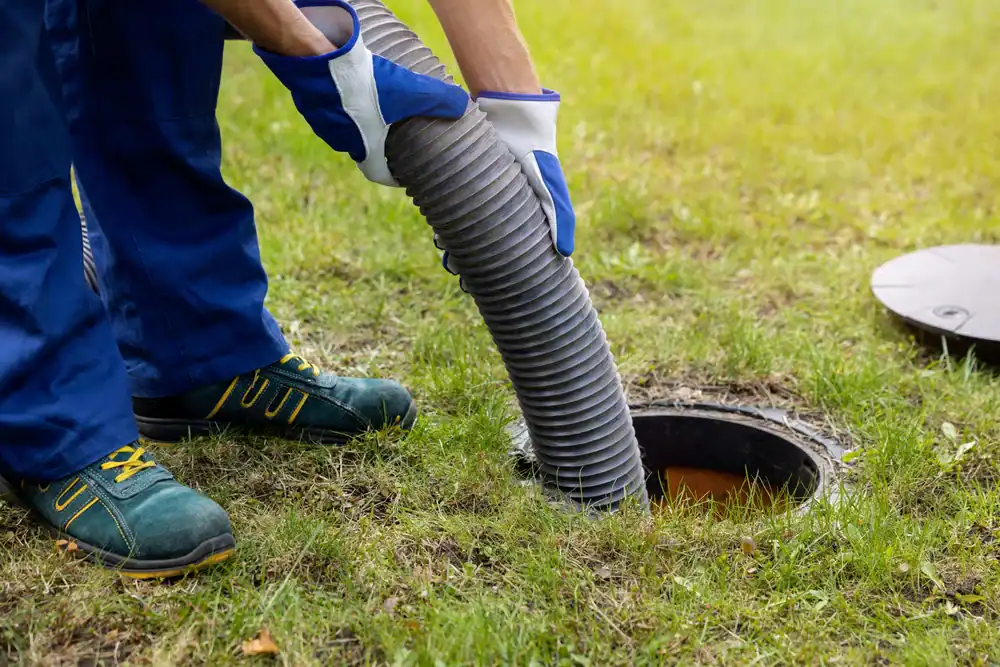
Ready to get started?
Professional septic tank cleaning in Gross Point includes complete tank pumping, system inspection, and detailed reporting on your tank’s condition. Our service covers locating and accessing your tank, removing all contents, and checking for structural issues or component failures.
Gross Point’s soil conditions can affect septic system performance differently than other Chicago suburbs. The area’s clay-heavy soils don’t drain as quickly, which can lead to system backups if tanks aren’t maintained properly. We account for these local factors when determining maintenance schedules.
We offer emergency septic pumping 24/7 because septic failures don’t wait for business hours. Whether it’s a holiday weekend or the middle of the night, our emergency service means getting your system working again quickly. This prevents sewage backups that can damage your property and create health hazards for your family.
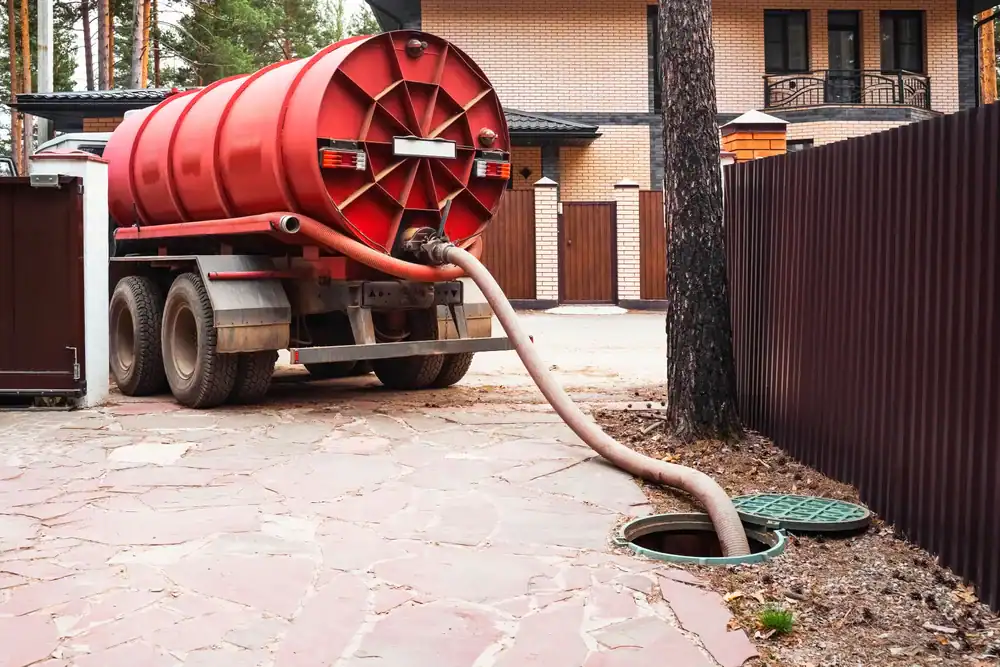
Most residential septic tanks in Gross Point need pumping every 3-5 years, but this depends on your household size and water usage. A family of four typically needs service every 3-4 years, while smaller households might go 5 years between cleanings.
Gross Point’s clay soils can slow drainage, which sometimes means more frequent pumping than areas with sandy soils. Heavy water usage from large families, frequent laundry, or long showers can fill your tank faster. The only way to know for sure is having your tank inspected to check sludge levels.
Signs you need pumping sooner include slow drains throughout your house, sewage odors near your tank or drain field, or wet spots in your yard above the septic system. Don’t wait for backups – they’re expensive to clean up and can damage your system.
Skipping septic tank pumping leads to system failure, and that gets expensive fast. When your tank fills with solids, waste starts flowing into your drain field before it’s properly treated. This clogs the soil and kills the beneficial bacteria that break down waste.
Once your drain field fails, you’re looking at major repairs or complete system replacement. In Gross Point, replacing a septic system typically costs $15,000 to $25,000 or more, depending on soil conditions and local permit requirements. That’s a lot more than regular maintenance.
You’ll also deal with sewage backups in your house, contaminated groundwater, and potential health department violations. Some insurance policies don’t cover septic-related damage, especially if it’s from lack of maintenance. Regular pumping prevents all these problems for a fraction of the replacement cost.
Call for emergency septic service if you have sewage backing up into your house, strong sewage odors inside your home, or standing water with a sewage smell in your yard. These are signs your system has failed and needs immediate attention.
Other emergency signs include toilets that won’t flush or drain slowly, sinks and tubs that drain poorly throughout your house, or gurgling sounds from your plumbing. If multiple drains are affected at once, it’s likely your septic tank is full or your system has a blockage.
Don’t try to fix these problems yourself with drain cleaners or by pumping water out of your yard. Chemical drain cleaners can kill the beneficial bacteria in your septic system, making the problem worse. Emergency service gets your system working safely and prevents contamination of your property.
Septic tank pumping requires specialized equipment and proper waste disposal that only licensed companies can provide. The vacuum trucks used for pumping cost hundreds of thousands of dollars, and the waste must be disposed of at approved treatment facilities.
More importantly, entering or working around septic tanks is dangerous without proper safety equipment and training. Septic tanks contain toxic gases that can be deadly, and the confined space presents serious safety risks. Licensed professionals have the safety equipment and training to work safely around these hazards.
Hiring unlicensed companies might seem cheaper, but they often cut corners on safety and proper waste disposal. If something goes wrong, your insurance might not cover damage from unlicensed work. Licensed, bonded, and insured companies protect you from liability and ensure the work is done safely and legally.
Between professional cleanings, avoid flushing anything except toilet paper and human waste. No feminine products, diapers, cat litter, cigarette butts, or household chemicals should go down your drains. These items don’t break down and can clog your system or kill beneficial bacteria.
Spread out your water usage throughout the week instead of doing all your laundry in one day. Large volumes of water can overwhelm your septic system and push solids into your drain field before they’re properly treated. Fix leaky faucets and running toilets that add unnecessary water to your system.
Use septic-safe cleaning products and avoid antibacterial soaps that can disrupt your system’s natural bacteria. Don’t pour grease, oil, or food scraps down your drains – these can create clogs and interfere with waste treatment. Simple changes in how you use your plumbing can extend the time between pumpings.
Septic tank pumping in Gross Point typically costs between $300-600, depending on your tank size, accessibility, and how full it is. Tanks that are easy to access and haven’t been overfilled cost less than tanks requiring excavation or dealing with excessive solids buildup.
Additional costs might include locating your tank if the access ports are buried, repairing damaged lids or risers, or addressing minor repairs found during inspection. However, reputable companies provide upfront pricing before starting work, so you know what you’re paying.
Compare this to septic system replacement costs of $15,000-25,000 or more, and regular maintenance is clearly the smart financial choice. Emergency service typically costs more than scheduled maintenance, so staying on a regular pumping schedule saves money in the long run. Most companies offer scheduling reminders to help you stay on track with maintenance.